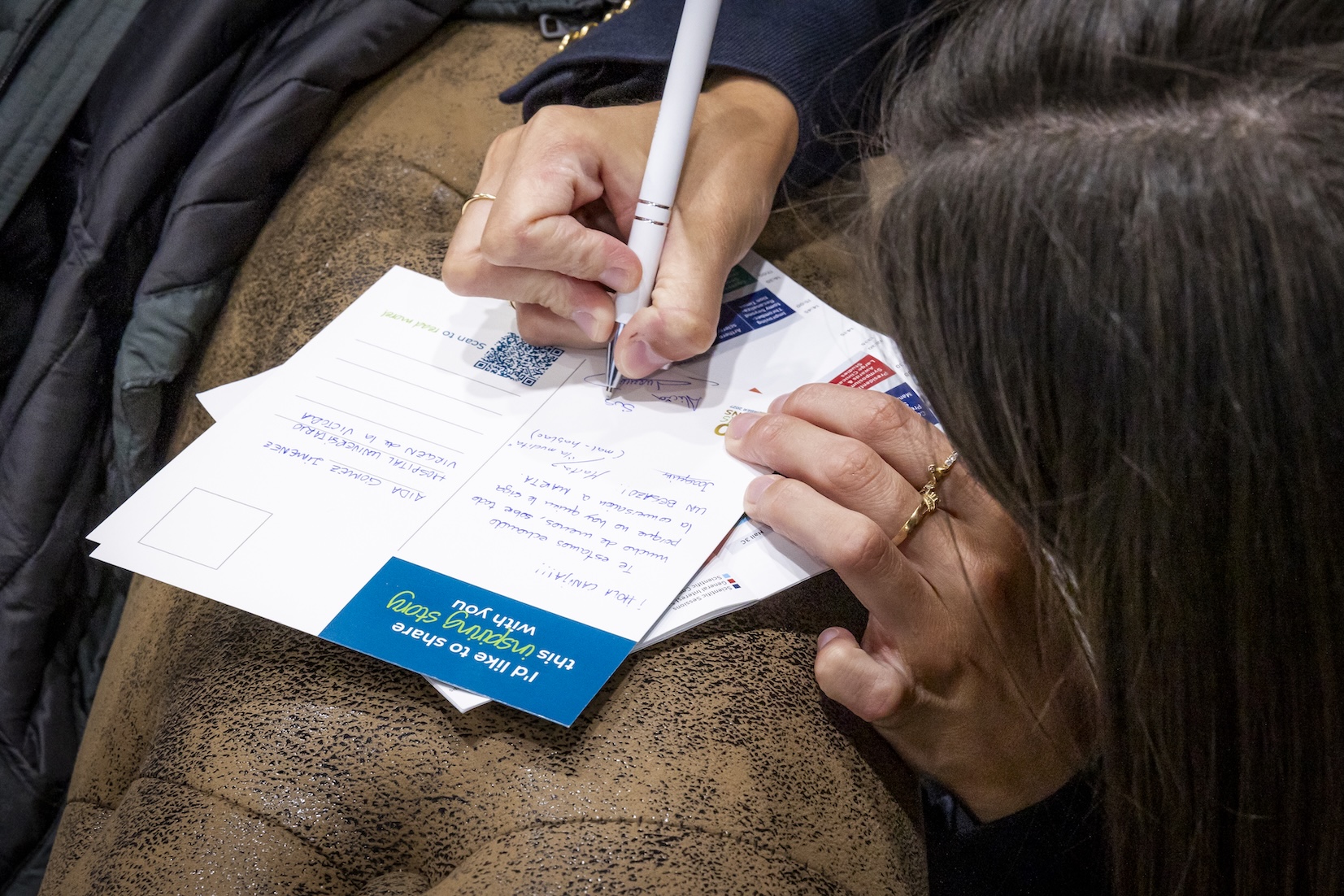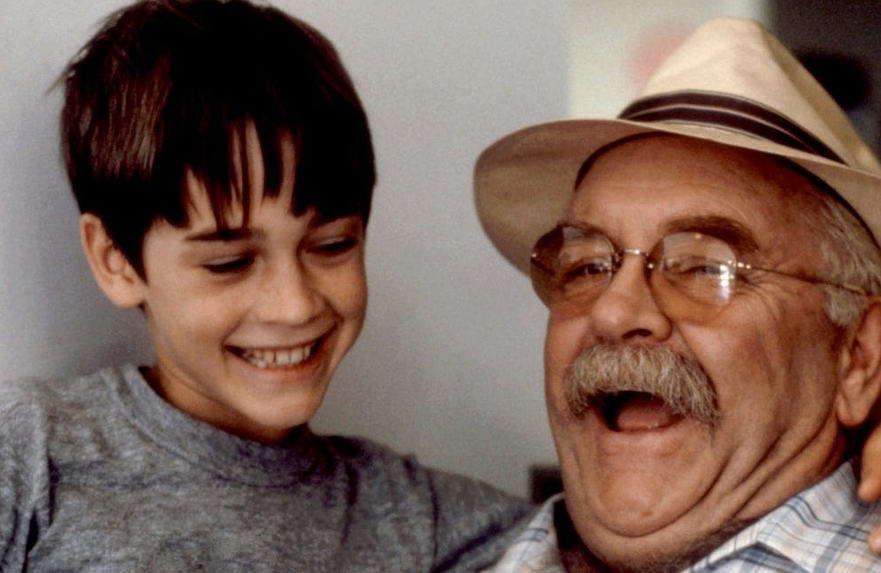
S’il vous était demandé de nommer une année critique pour les soins neuro-vasculaires à l’hôpital universitaire de Torrec et que vous avez répondu 2021, vous auriez raison. Comme c’était l’année où cet hôpital d’Almera a traité 120 patients victimes d’un accident vasculaire cérébral ischémique avec un thérapie par reperfusion, le taux de recanalisation a augmenté à 40 %. C’était également l’année où il a remporté son premier prix diamant ESO Angels. Prix diamant Angels
Si vous avez répondu 2019, vous auriez toujours raison, car il s’agissait de l’année où le délai d’attente avant la prise en chargedelà de 40 minutes, soit 20 minutes en dessous de l’objectif qu’il s’était fixé.
Si vous disiez 2018, bien sûr vous auriez raison, parce que c’était l’année où une unité neuro-vasculaire avec cinq lits a été ouverte en octobre, et que l’hôpital universitaire de Torrecàrdenas est devenu le centre d’orientation pour un réseau local d’accident vasculaire cérébral.
Si vous disiez 2017, vous auriez raison, car c'était l'année où les premiers patients accident vasculaire cérébral de cet hôpital étaient traités à la TDM.
Si vous disiez en 2016, vous seriez en présence, car c’était l’année où un neurologue hautement qualifié est rentré chez lui à Almeraïa. L’une des premières choses que le Dr Patricia Martànez Sànchez a faites après son arrivée de Madrid était de créer un protocole d’accident vasculaire cérébral à l’hôpital universitaire de Torrecàrdenas.
Et si tu réponds 2013, tu ne serais pas mal. Comme c’était l’année, Joaquyn Alberto Garcàa Gàlvez est devenu infirmier/ère en chef de neurologie à l’hôpital universitaire de Torrecàrdenas, une infirmier/ère expérimentée dont la profession était également son appel.
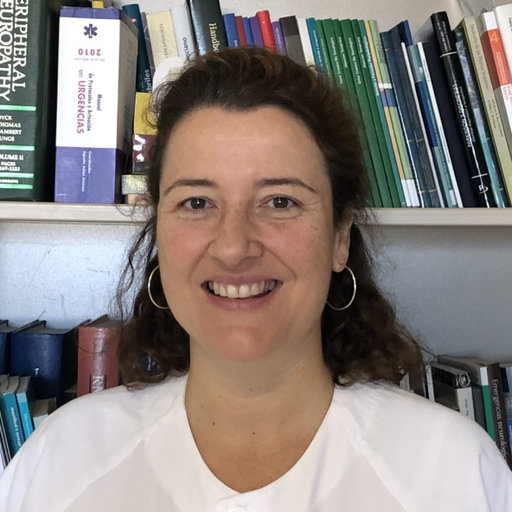
Le DOCTEUR Martynez est revenu en Almera via l'Université Complutense de Madrid où elle a étudié la médecine, et l'Hôpital Universitario La Paz de Madrid où elle s'est spécialisée en neurologie.
La Paz avait l’une des premières unités neuro-accident vasculaire cérébral en Espagne, dirigée par le célèbre Prof. Exuperio Dàez Tejeor et son successeur, le Dr Blanca Fuentes. C’est sous leur tutelle qu’elle a décidé de se consacrer à des maladies cérébrovasculaires.
Lorsque le Dr Martànez a rejoint l’hôpital universitaire de Torrecàrdenas en 2016, il ne disposait d’aucune unité neuro-vasculaire ni d’aucun protocole d’accident vasculaire cérébral. Aujourd’hui, ce même hôpital dispose d’une neurologie équipe de neurologie de garde et interventionnelle 24 h/24, 7 j/7, et de médecins de rééducation, kinésithérapeutes, orthophonistes et ergothérapeutes dans l’unité neuro-vasculaire. Son taux de recanalisation a augmenté de 400 %.
Les 70 000 habitants d’Almera sont désormais desservis par un réseau provincial d’accident vasculaire cérébral qui se compose d’un centre neuro-vasculaire complet (hôpital universitaire de Torrecördenas) et de deux hôpitaux régionaux prêts à la prise en charge des accident vasculaire cérébral. La responsabilité du flux optimal des patients entre le hub et les porte-paroles incombe au Comité provincial de l’AVC dont le Dr Martànez est le coordonnateur.
À Torrec également, un enregistrement est conservé, non seulement des délais entre l’arrivée et la perfusion et les visites, mais également de chaque minute qui se trouve dans chaque composante de la voie, de l’survenue au traitement. Cela a conduit à des affinements tels que des prélèvements sanguins en ambulance, et des étapes pour s'assurer que les tests ne sont pas répétés. Lorsque le patient arrive au service des urgences, une minuterie est activée pour mesurer les minutes qui s’écoulent avant que le brancard ne se dirige vers le TDM.
Il est probable que l’impact le plus important sur les temps de traitement provient du traitement à la TDM, qui a officiellement fait partie du protocole d’accident vasculaire cérébral en 2021, également l’année où la consultant Angels Alicia Arjona a dirigé l’équipe de Torrecàrdenas dans une formation de simulation, et que le protocole FeSS a été mis en œuvre dans les soins post-aigus.
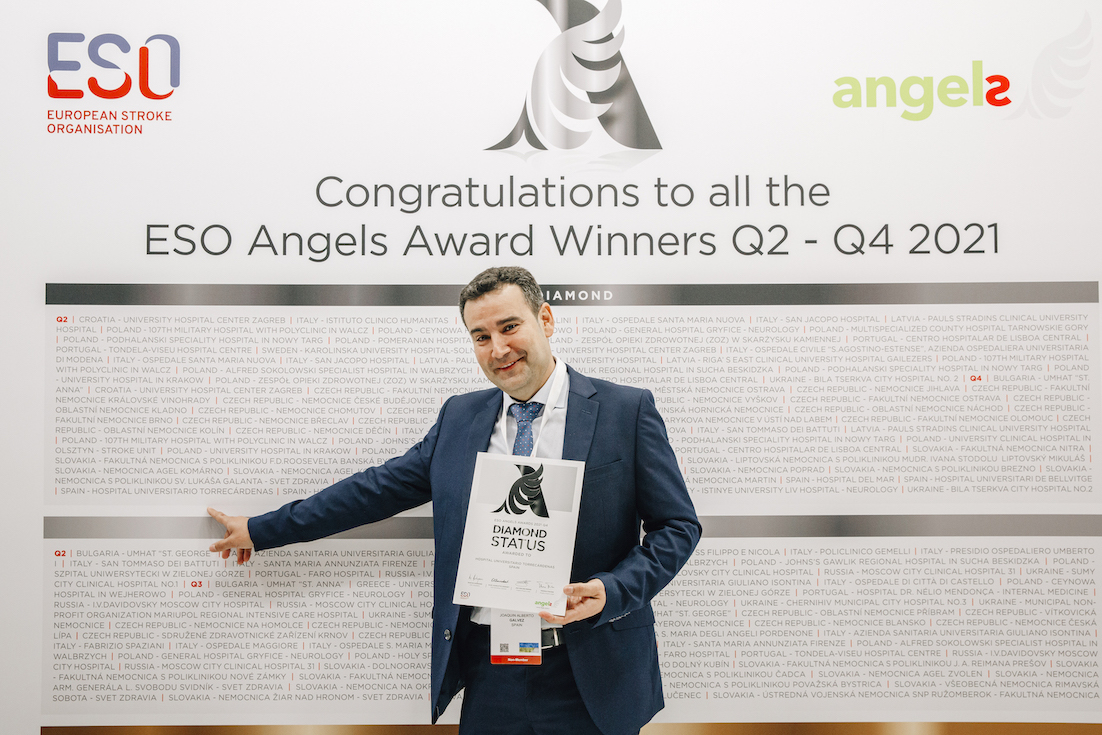
LORSQUE Alicia a connu Joaquàn Garça Gàlvez en 2019, elle a immédiatement identifié un point fort qui pourrait l’aider à transformer les soins neuro-vasculaires en Andalousie. Le
l’infirmier/ère principale de l’hôpital universitaire de Torrecördenas était un super-héros méconnu dont la défense des patients accident vasculaire cérébral comprenait des campagnes d’interventions telles que le traitement à
TDM et participation à l’essai QASC et aux Angels Awards ESO. Il, avec Raimuna Caro Quesada de Séville, jouerait un rôle clé dans le Comité de pilotage des infirmiers andalusiens, formé pendant la pandémie pour standardiser les soins infirmiers pour l’accident vasculaire cérébral dans la région.
Joaquyn croit à l’amélioration basée sur les données qui a conduit à l’inclusion de l’hôpital universitaire de Torrecàrdenas auprès de RES-Q, un registre conçu pour surveiller les mesures de qualité les plus importantes pour la prise en soins neuro-vasculaires. En enregistrant l’impact des améliorations mises en œuvre par le Dr Martànez, cette intervention a permis à l’hôpital universitaire de Torrecàrdenas de devenir une société très sélectionnée.
Les hôpitaux qui saisissent les données de traitement dans RES-Q deviennent automatiquement éligibles à un Prix Angels ESO. Pour déterminer le statut de leur prix, leur performance est évaluée par rapport à un ensemble de critères de récompense qui correspondent aux directives cliniques.
Les critères d’attribution servent également de liste de contrôle pour les hôpitaux qui s’engagent à améliorer les résultats pour leurs patients, et de mécanisme pour identifier et cibler les lacunes dans la qualité des soins neuro-vasculaires.
"C'est un outil très utile", dit Joaquyn. "Elle vous permet de réfléchir de façon graphique, appuyée par des données, le niveau de qualité offert à vos patients. C'est la meilleure façon d'analyser la performance, de rechercher des domaines où on peut s'améliorer et de développer des stratégies pour atteindre des objectifs tangibles dans la prise en charge de nos patients.
"Les changements dans notre hôpital depuis 2019 ont été extraordinaires, et remporter le prix en 2021 a confirmé quelque chose que nous savions déjà – que notre hôpital fonctionne très bien."
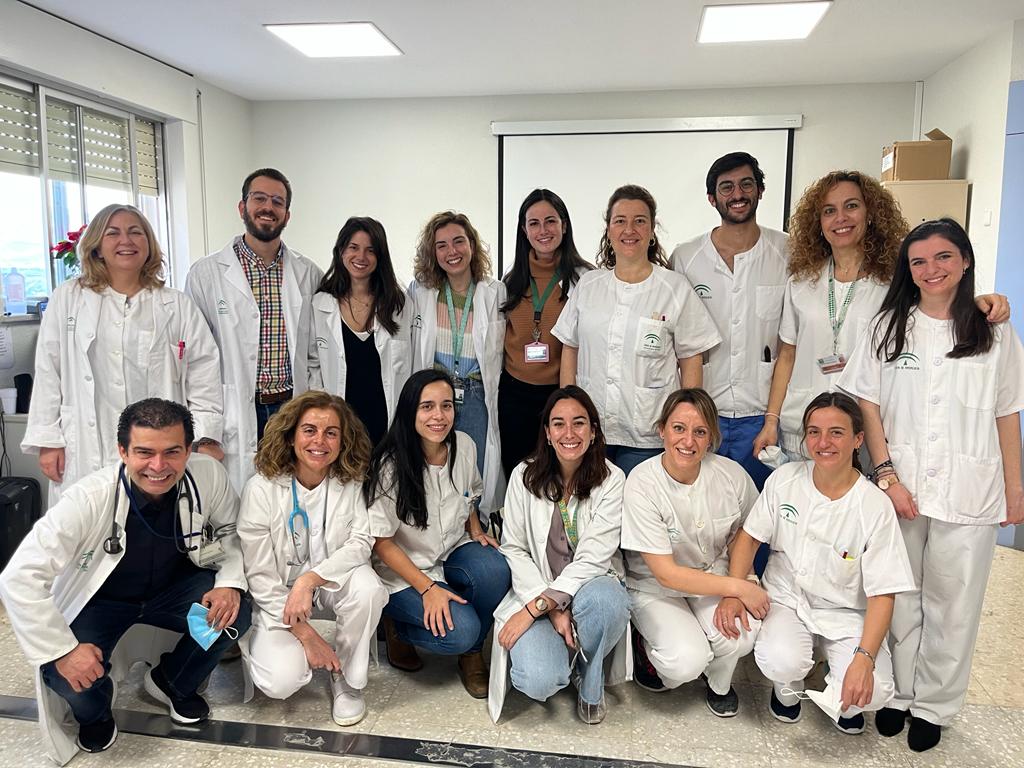
Ce premier prix diamant a fait connaître leur succès à leur communauté, déclare le Dr Martynez. "Il est important pour les patients et leurs proches de savoir qu'ils sont pris en charge dans un hôpital reconnu pour son excellence.
"C'est également une grande source de fierté qu'un hôpital d'une petite province en Espagne puisse fournir le même niveau de soins que ceux des capitales européennes. Ça a été très, très positif."
Il ne fait aucun doute que 2021 a été une bonne année pour les soins neuro-vasculaires à l’hôpital universitaire de Torrec. Mais si vous deviez choisir la meilleure année pour les soins neuro-vasculaires dans cet hôpital, cela pourrait être 2022, l’année où son équipe spécialiste de l’accident vasculaire cérébral a prouvé qu’elle était non seulement capable d’atteindre le plus haut niveau de performance, mais également de rester là-bas.
Gagnant son deuxième prix diamant (pour le Q4 2022), l’hôpital universitaire de Torrec a été l’un des deux hôpitaux d’Espagne qui ont obtenu cette distinction. Il reste le seul hôpital prix primé en Andalousie.

